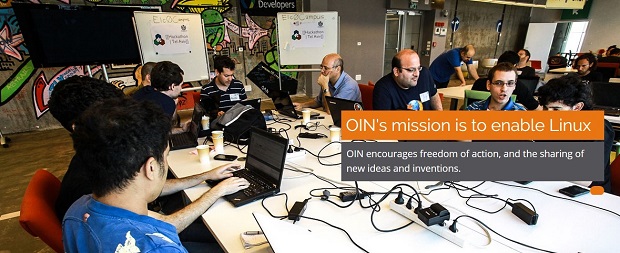UNISOC, a Shanghai-based fabless semiconductor company is focused on delivering 5G communications and AI computing ICs and chipsets. Along with Broadcom, VIA and Sierra wireless, among other IC manufacturers, UNISOC has joined the Open Invention Network community to protect Linux and other key open source projects.
“UNISOC is committed to the independent development and design of core chips in the field of mobile communications and AIoT, and Linux and open source software are the key elements of our technology development,” said Jiejing Yang, the Director of the Legal Department at UNISOC. “By joining the OIN community, Zhanrui demonstrates its strong commitment to innovation and will continue to support patent protection for projects such as Linux.”

Funded by IBM / Red Hat, Google, Philips, Sony, NEC, Toyota and SUSE; OIN is the largest patent non-aggression community in history. Its value is derived from its royalty-free cross license that enables patent peace in core technologies – while supporting innovation in Linux and other open source projects. Every OIN community member receives royalty-free access to its “Linux System” of patents that are cross licensed by the more than 3,200 other community member licensees. In aggregate the OIN cross license addresses more than 2.5 million worldwide patents.
“OSS is ushering in a transformation of the IT and Communications sector and enabling realization of the vision of the billion-device universe first discussed in the mid-90’s. Growth in networking through Linux Foundation Networking projects such as OPNFV and ONAP is driving innovation in silicon,” said Keith Bergelt, CEO of Open Invention Network. “As a global leader in mobile and communications chipsets we are excited to have UNISOC join OIN and for its recognition of the need for patent non-aggression in the core of Linux and adjacent OSS.”

